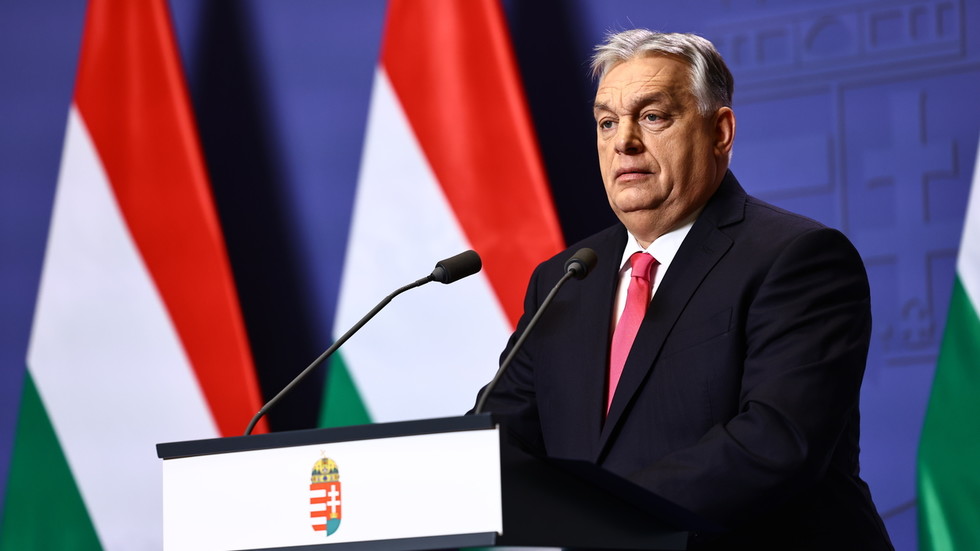House of Representatives Issues Arrest Warrant for CBN Governor and Others
The House of Representatives in Nigeria has issued a warrant of arrest for the Governor of the Central Bank of Nigeria (CBN) and other senior officials. This development comes as part of an ongoing probe into the alleged breach of the Treasury Single Account (TSA) policy.
The House issued the warrant after considering the interim report of its ad-hoc committee investigating the implementation of the TSA policy. The committee alleged the CBN governor and some top executives of commercial banks violated the TSA policy. The policy was designed to consolidate all inflows from the government’s ministries, departments, and agencies into a single account at the CBN.
According to the report, the CBN governor and others will be arrested if they fail to appear before the committee to provide explanations on the alleged infractions.
The warrant of arrest underscores the gravity of the allegations and signals the determination of the House of Representatives to ensure accountability and transparency in governance. This move also reflects the House’s commitment to upholding the rule of law and fostering good governance in Nigeria’s financial institutions.
It is important to note that the CBN and the affected banks have denied any wrongdoing, and it remains to be seen how this situation will unfold in the coming days.
The issuance of a warrant for the arrest of such high-profile figures is an extraordinary development that will undoubtedly reverberate across Nigeria’s financial and political spheres. It serves as a stark reminder of the unwavering commitment to accountability within the country’s public institutions.
This entire episode underscores the critical role of the legislature in holding public officials accountable and ensuring the proper management of public funds. As the world watches, the outcomes of this probe will undoubtedly have far-reaching implications for Nigeria’s financial sector and its broader governance landscape.
The House of Representatives’ bold move in this regard sends a powerful message about the commitment to transparency and accountability in Nigeria’s public institutions.
The unfolding events will undoubtedly be of great interest not only to Nigerians but also to observers and stakeholders across the globe. As the story continues to evolve, it will be crucial to monitor the developments and their potential ramifications on Nigeria’s financial and governance systems.
The conduct of public officials and the governance of financial institutions are matters of paramount importance, not just within the borders of Nigeria but also on the global stage. The outcomes of this investigation will undoubtedly shape perceptions of Nigeria’s commitment to transparency, accountability, and good governance.
In many ways, this unprecedented development serves as a compelling case study for the intricate intersection of finance, governance, and the rule of law. As the saga unfolds, it will undoubtedly capture the attention of a global audience, given the broader implications at stake.
The House of Representatives’ decisive action underscores the pivotal role of the media in informing and engaging the public on matters of national importance. This story represents yet another example of the media’s critical function as a watchdog in upholding democratic principles and ensuring transparency in government affairs.
The unfolding events will undoubtedly be closely monitored by a global audience, underscoring the interconnectedness of governance, finance, and public accountability in an increasingly interconnected world.
As the curtain rises on this unfolding saga, the eyes of the world will undoubtedly remain fixed on the outcomes of this investigation, recognizing its ripple effects on Nigeria’s financial landscape and its broader implications for global governance standards.



